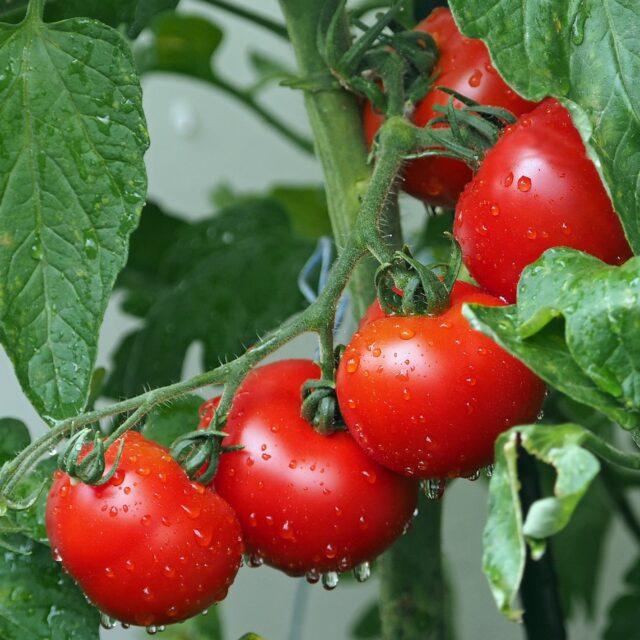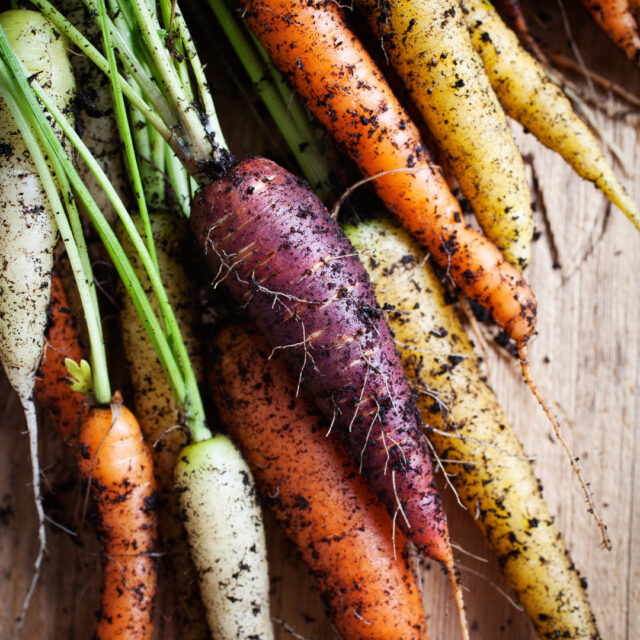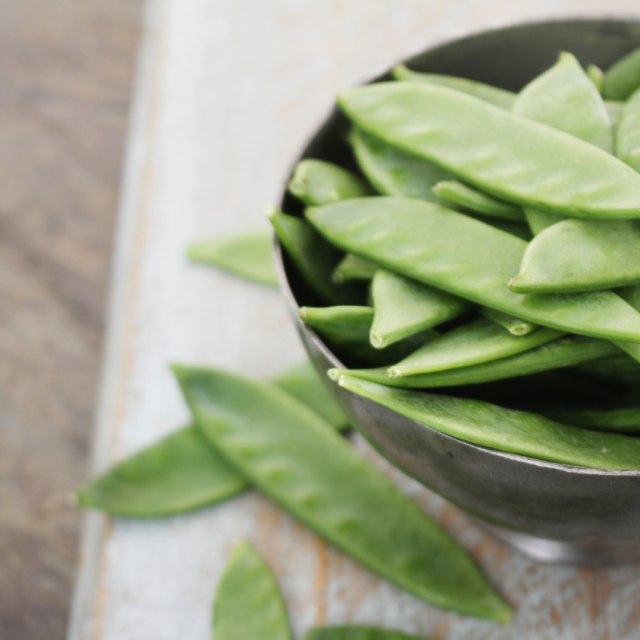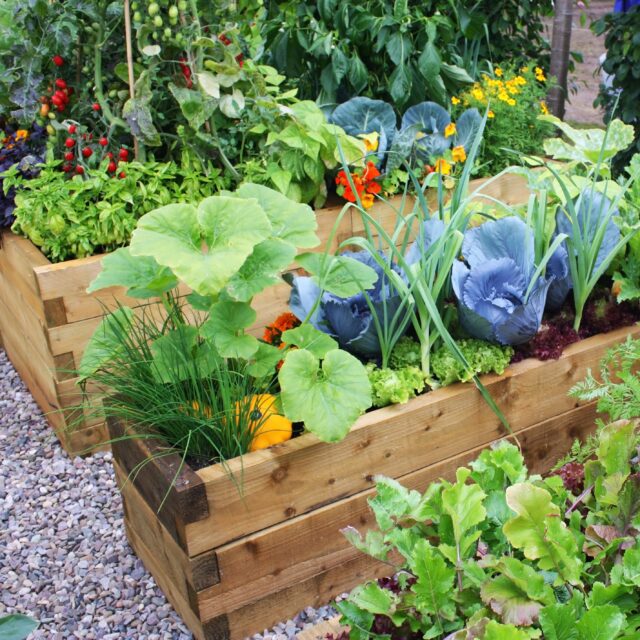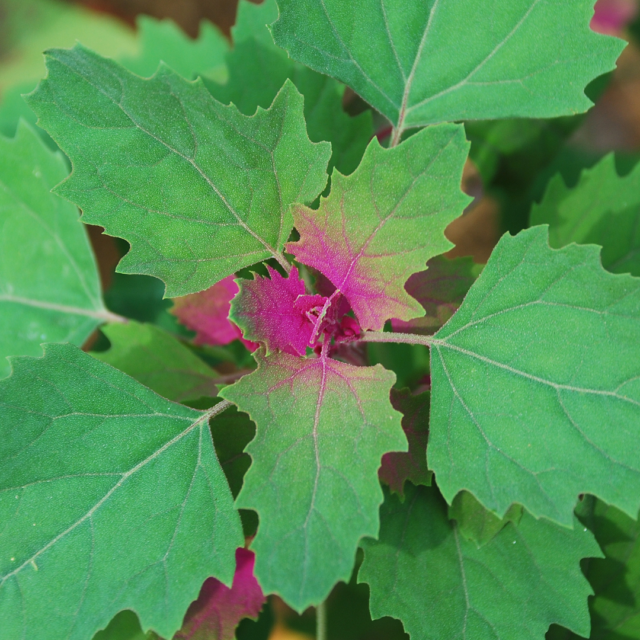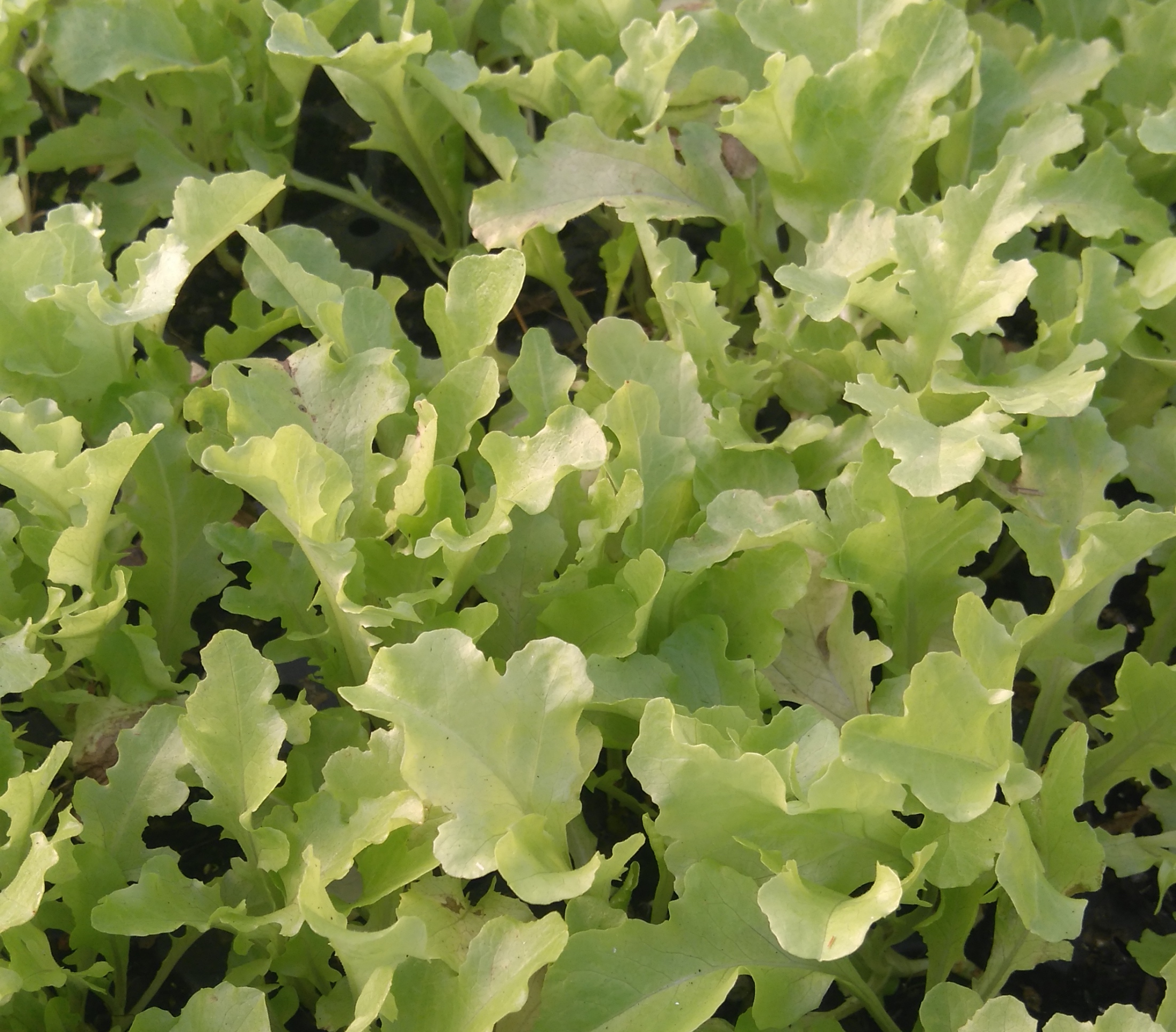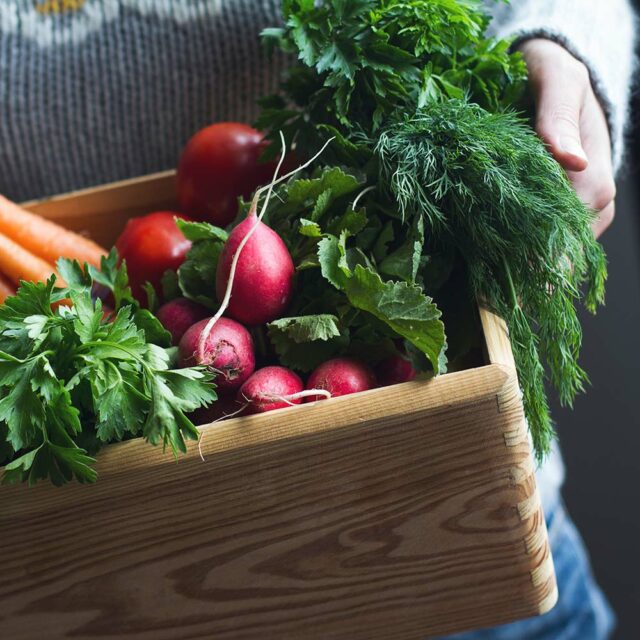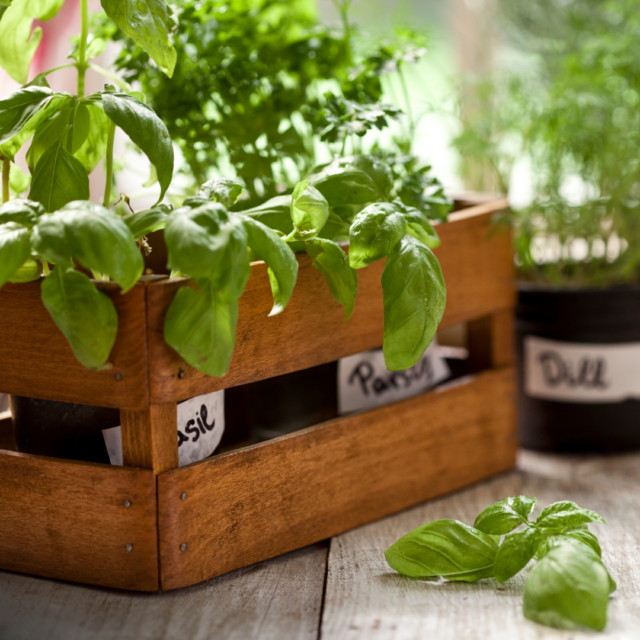A balcony can be a great place to sit out and catch some spring sunshine. But can you grow vegetables on one? You sure can! Read on for our top tips on growing vegetables on a balcony.
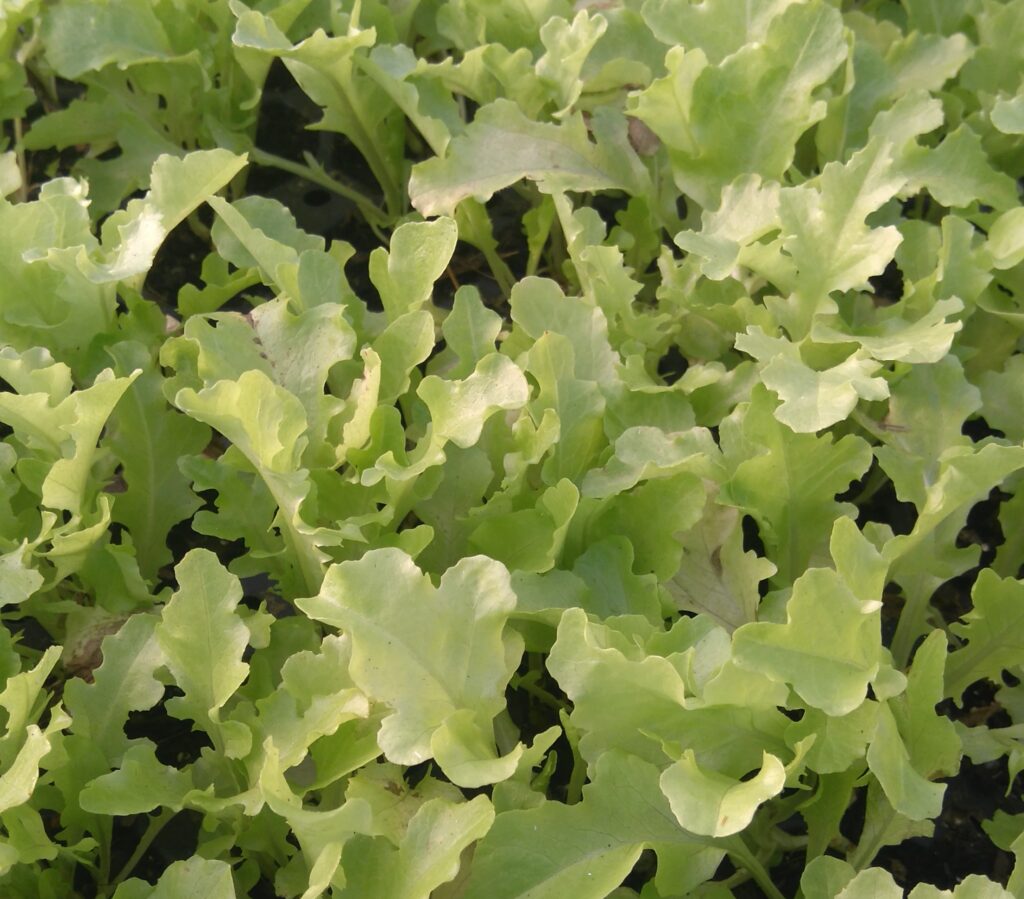
Like a patio, but a lot windier…
Growing vegetables on a balcony will be a lot like regular container gardening, with one exception. The wind! As you’re higher up than a conventional container garden, weather extremes will be felt more. Plants will dry out much faster in windy conditions, which will drastically affect their productivity.
Wind breaks, such as reed screens, can be an effective and attractive way of buffering the wind.
Pots, Pots, Pots
Choosing the right container is important. Plastic or metal are good considerations as they won’t wick moisture away the same way that terracotta pots will. However, if your heart is set on terracotta pots, make sure to line them with plastic to prevent moisture wicking.
Consider how heavy your pots will become and always err on the side of caution. If in doubt, choose lighter plastic pots.
Propagation trays and plastic window boxes can make ideal balcony planters. Alternatively you could use grow bags as a simple solution.
As with any container gardening, make sure your pots are the right size. Keep in mind the size your plant will be when fully grown, and make sure you don’t select a pot that will be too small.
For example containers should be at least 15cm across for basil. However, a few bean plants, carrots, or salad, would be better suited to a 25cm pot.
Space Saving
Space is at a premium on a balcony. Consider growing vertically, using trellis for beans or cucumbers.
If possible consider attaching planters to walls, or use wall mounted or stackable planters. Make sure to affix anything precarious to ensure it doesn’t blow over.
Hanging baskets and other suspended planters can also be used at head level for extra planting space. Strawberries will be quite happy in a hanging basket, or plant flowers to attract pollinators.
Let There Be Light
Before you rush into planting, take the time to measure exactly how much light your balcony gets. Check where the sunlight falls and a what time of day. Then make sure the plants you choose are suitable for the light you have available.
Think About Soil
When growing vegetables on a balcony, or in any container garden, it’s important to consider soil.
Vegetables grown in pots need loose, well drained and fertile soil, with a pH of between 6-7. Put a layer of stones, or pieces of broken pot, in the bottom of containers before you add your soil. This is to ensure good drainage.
The addition of slow release fertiliser/ well rotted manure/compost is also important, especially on balconies that are exceptionally windy or sunny.
Choose Your Plants
Vegetable seeds can be sown indoors on a seed tray, and transplanted once germinated. Before transplanting seedlings, give them a good watering to prevent the breakdown of soil around the roots.
Any vegetables that don’t transplant well are better grow in separate pots (this includes melons, cucumbers, turnips and squash).
Plants that can thrive on a balcony include:
- Tomatoes
- Peppers
- Spring onions
- Radishes
- Beans
- Herbs
- Carrots
- Miniature beetroot
- Compact summer squash varieties
- Cucumbers
Plants that will tolerate a shady balcony include:
- Salad
- Spinach
- Kale
- Carrots
- Strawberries
- Compact varieties of raspberries
Food & Water
Watering is a big priority when it comes to plants on balconies. Often rain cannot reach them due to roof overhangs.
Water plants often, but not too often. You can tell if it’s the right moisture level when you poke your finger into the compost. It should be slightly moist just below the soil’s surface.
Plants will benefit from being fed with a liquid fertiliser every few weeks, as they will soon use up the nutrients in the soil.
A final note…
Some councils or landlords will have specific rules about what can be grown on a balcony, so please check before you begin. You don’t want to create a beautiful garden only to have to remove it!
